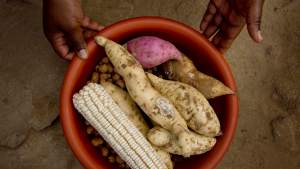Tool
Famine Early Warning System Network (FEWS NET)
This portal provides access to geospatial data, satellite image products, and derived data products in support of drought monitoring efforts that could give early warning about potential famines throughout the world.


